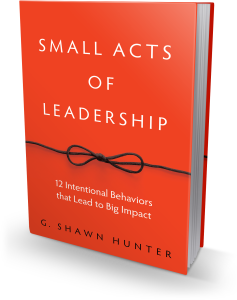You Don’t Suck. Give Yourself Compassion.
We’re never good enough, smart enough, thin enough. Pharmaceuticals are dispensed, and therapist calendars are booked solid. Most people, when asked, say they are more kind to other people than they are to themselves.
I’m such an idiot…why did I say that?…I look fat and ridiculous…I’ll never succeed…It’s so obvious I have no idea what I’m doing…
If your close friend starting talking like this, what would you say to them? You would build them up, and tell them they are worthy. You would tell them they were smart, talented, and resourceful. You would tell them to stand tall, take a deep breath, close their eyes and envision a stronger, more resilient self. You would send them on their way feeling emboldened.
And if your child came home with a poor test grade you would ask, “How can I help? What do you need? Can I find you a tutor?” You wouldn’t belittle and degrade them. You would be kind, understanding and compassionate.
So why do we talk to ourselves differently? We should use the same internal self-talk we use with our closest friends, our family, and our children. People who are compassionate to themselves are much less likely to be depressed, anxious, or stressed out, and are much more likely to describe themselves as happy, resilient, and optimistic about their future.
In one study, combat veterans who practiced self-compassion suffered less from post-traumatic stress after returning from combat zones. These combat veterans with higher levels of self-compassion showed better functioning in daily life, and fewer symptoms of post-traumatic stress. In fact, self-compassion has been found to be a stronger predictor of PTSD than level of combat exposure. That’s right: PTSD rates are higher among those who tell themselves they deserve it, or are not worthy.
Self-compassion is not self-esteem. Our self-esteem is our sense of worth and value, and is often derived from external validation factors such as comparing ourselves to others. Comparison is the death of joy. Even being referred to as “average” feels like an insult these days, which is why the most negative form of chasing self-esteem often involves putting others down to create a manufactured sense of self-worth. Narcissism has recently been described as an epidemic.
Self-compassion is kindness to ourselves when things go sideways. It’s a caring, thoughtful response to difficult circumstances or adversities. Self-compassion is the act of mindfully acknowledging whatever pain, ill thought, or difficulty we are confronted with, and treating ourselves with humanity and care. It’s the very opposite of the harsh, critical language we often use on ourselves. So stop telling yourself, “You suck! Come on. Pull it together, you loser” and start giving ourselves more thoughtful and compassionate counsel when we feel beat up by life.
For more on the power of self-compassion, follow Kristin Neff, associate professor at the University of Texas, Austin, who has been studying the positive effects of self-compassion for over ten years.
- ____________________________________________________

Twitter: @gshunter
Say hello: email@gshunter.com
Web: www.shawnhunter.com
